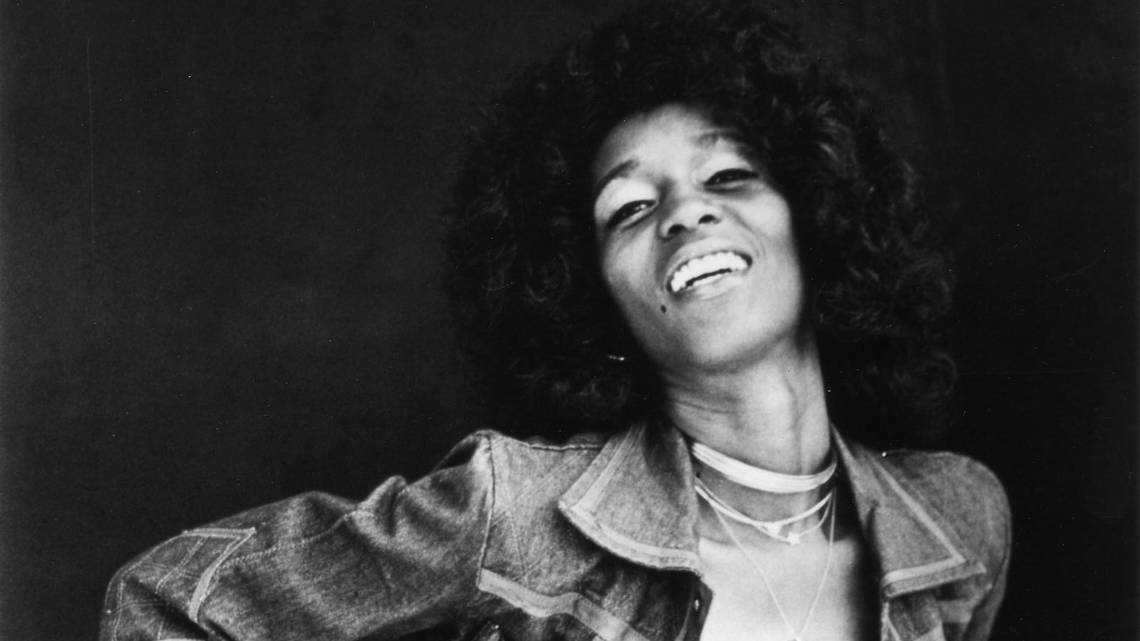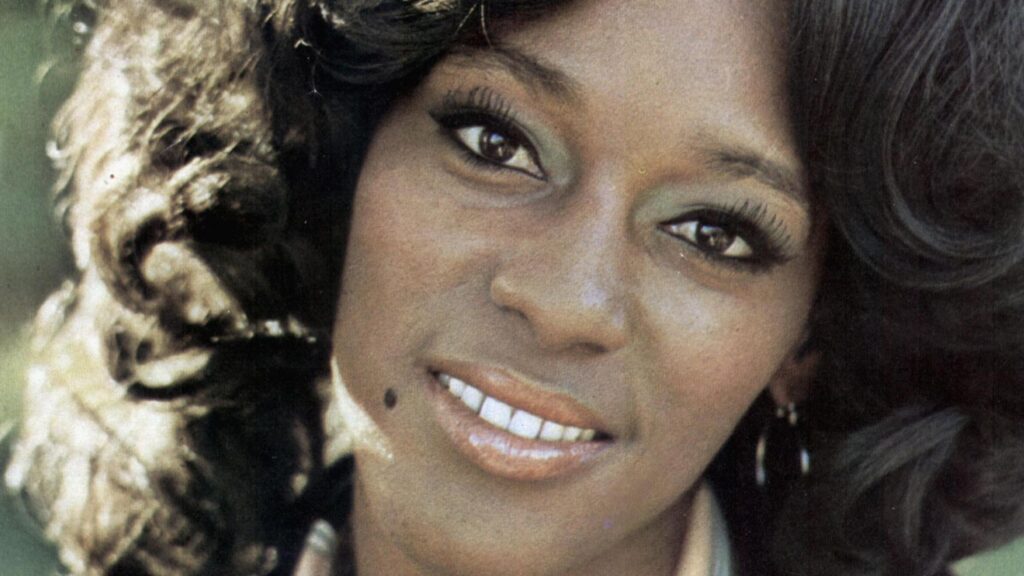
Gwen McCrae: The Queen of Rare Groove
Early Life and Musical Influences
Gwen McCrae was born Gwen Mosley on December 21, 1943, in Pensacola, Florida. Raised in a deeply religious household, she was exposed to gospel music from an early age. Her passion for singing was nurtured in church, where she developed a powerful and expressive vocal style. Inspired by gospel greats such as Mahalia Jackson and Sam Cooke, McCrae transitioned into secular music in her teenage years, performing in local clubs and talent shows. She was also influenced by R&B and jazz artists like Aretha Franklin, Dinah Washington, and Etta James, all of whom shaped her distinctive sound.
Rise to Fame and Early Career
In the early 1960s, Gwen met and married George McCrae, another aspiring singer, and the duo began performing together. The couple relocated to West Palm Beach, Florida, and were discovered by influential music producer Henry Stone, who signed them to his record label, TK Records. Initially performing as a duo, the McCraes recorded several singles, though commercial success eluded them in their early years.
Gwen McCrae’s breakthrough came in 1970 when she was signed as a solo artist to Cat Records, a subsidiary of TK Records. Her first major hit, “Lead Me On” (1970), showcased her sultry, gospel-infused vocals and established her as a rising star in the soul and R&B scene. The single was a moderate success, reaching the R&B charts and setting the stage for greater achievements.
Mainstream Success with “Rockin’ Chair”
Gwen McCrae’s defining moment came in 1975 with the release of “Rockin’ Chair,” a sensual, laid-back soul groove produced by Clarence Reid and Willie Clarke. The song became an instant classic, reaching No. 1 on the U.S. R&B chart and No. 9 on the Billboard Hot 100. Its smooth rhythm and infectious melody made it a staple of the disco and funk era, securing McCrae’s place in music history.
.
.
Following the success of “Rockin’ Chair,” McCrae continued recording and touring extensively, solidifying her reputation as one of the premier female vocalists of the 1970s. However, as disco began to decline in popularity towards the end of the decade, her commercial success waned. Despite this, her music retained a loyal following, particularly in Europe, where she remained a significant figure in soul and funk circles.
Later Career and Legacy in Dance and Hip-Hop Music
Throughout the 1980s and 1990s, Gwen McCrae’s influence extended beyond her initial success. Her music was embraced by the emerging rare groove movement, a genre that celebrated overlooked soul, funk, and jazz records. DJs and producers began incorporating her work into their sets, and her songs were frequently sampled in hip-hop and electronic music.
Artists such as Cypress Hill, Mobb Deep, and Madlib sampled her tracks, reintroducing her music to new generations of fans. House and dance music producers, including Cassius and Avicii, drew inspiration from her soulful vocals, integrating them into their remixes and original compositions. Even pop icons like Lady Gaga acknowledged McCrae’s contributions to music, further cementing her influence.
Recognizing her ongoing impact, McCrae recorded new material in the 1990s and 2000s, collaborating with European producers who admired her work. Her 1996 album, Psychic Hot Line, was well received in the UK, where she enjoyed continued success. She remained an active performer, gracing stages at soul and funk festivals across Europe and the United States until she retired from performing in 2012.
.

.
Personal Life and Challenges
Gwen McCrae’s personal life was marked by triumphs and challenges. Her marriage to George McCrae ended in divorce in the late 1970s, partly due to the pressures of their music careers and personal differences. Despite this, she continued to build her legacy as a solo artist.
She faced health challenges later in life, including a stroke in 2012 that ultimately led to her retirement from performing. However, her legacy endured, as her music continued to be celebrated by fans and fellow musicians alike.
Legacy and Passing
Gwen McCrae died on February 21, 2025, leaving behind an indelible mark on soul, funk, and dance music. Known as the “Queen of Rare Groove,” her powerful voice and timeless songs ensured that her influence transcended generations.
Her music remains a staple in classic soul and funk collections, while her impact on hip-hop and electronic dance music continues through sampling and reinterpretations of her work. Her legacy is a testament to her talent, perseverance, and the enduring appeal of her voice, making her one of the most respected figures in American music history.
Check out Gwen McCrae on Amazon by clicking here.
If you found this interesting please share it with your friends and family, and check out some of our other articles on Musicians who Died in 2025..

